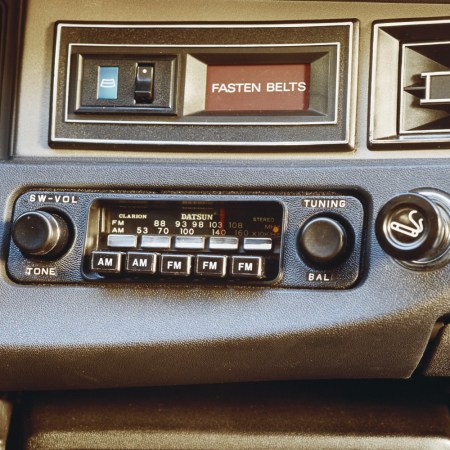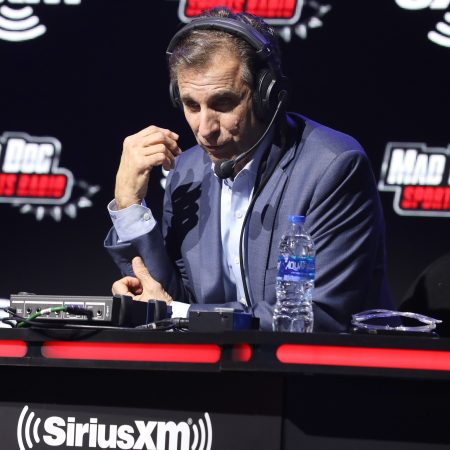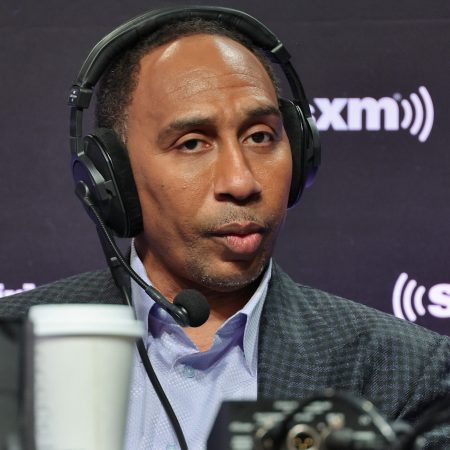For being one of the five happiest places in the world, Norway’s broadcasting some seriously angry vibes lately.
Blame the media. Or, rather, the medium … of radio.
Norway will switch off its FM radio network starting on January 11th, in a move that’s seen as a bellwether for other countries to follow suit.
Their reasoning? It’s an outdated technology. Via digital radio, you can send eight times as many stations as you could through FM. Besides multiple channels, digital radio can stream metadata (song titles, weather, etc.), video and (theoretically) better sound. And as of 2014, Norway was 99.5% covered by the new technology.
The case against the transition, however, is a strong one. Sixty-six percent of Norwegians polled are against the measure. Two million cars in Norway still lack Digital Audio Broadcasting (DAB) receivers — and adapters cost roughly $175 each. Signal delays are occasionally an issue. And the people most likely to need emergency broadcasts are probably the least likely to have an updated DAB receiver.
Still, this has been a move a LONG time coming. The first DAB transmissions started in Europe way back in 1988. And given the ridiculous amount of time it took the U.S. to mandate a television switch from analog to digital signals — a law signed in 1996 with a 2006 deadline wasn’t technically fulfilled until 2015 — this might be just the beginning of a ridiculously slow death. Expect several delays and certainly some government assistance during the transition.
While a case could have been made years ago about how the cost of digital transmitters squeezes out smaller and non-profit entities (broadcasting in FM is comparatively cheap), the real case here is that a small, heavily government-regulated country is basically starting an extremely long process to convert to a different technology. Apparently, there are also provisions so that local and regional radio stations won’t be unduly affected.
The United States, on the other hand, runs on a different radio protocol than Europe. Different political climate, too: we’d be stunned if the upcoming administration forced any change along these lines. And that’s before you consider that the Internet has opened up the world — radio included — to new voices and viewpoints. Yours truly probably hasn’t listened to non-satellite, non-streaming radio in 10 years, outside of the occasional trip in an older cab.
In summary: your beater car with the twitchy FM dial will be fine for a long time. But regardless, radio itself is no longer the most vital form of expression: your real worries should involve media monopolies, the loss of net neutrality and censorship — the type of changes that can hurt all mediums.
This article appeared in an InsideHook newsletter. Sign up for free to get more on travel, wellness, style, drinking, and culture.
























